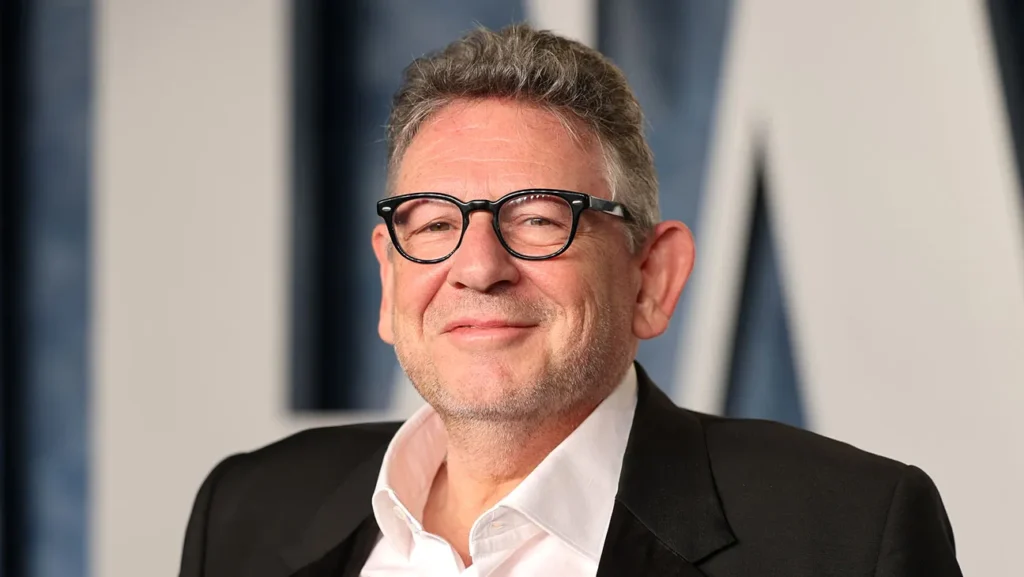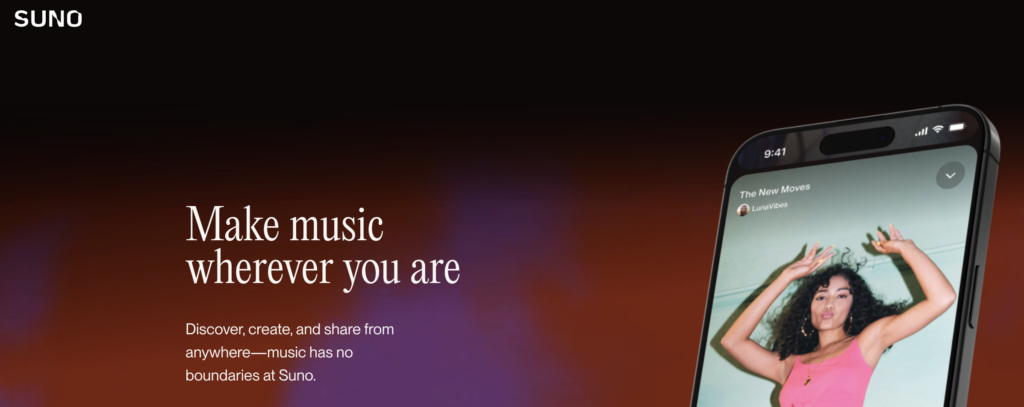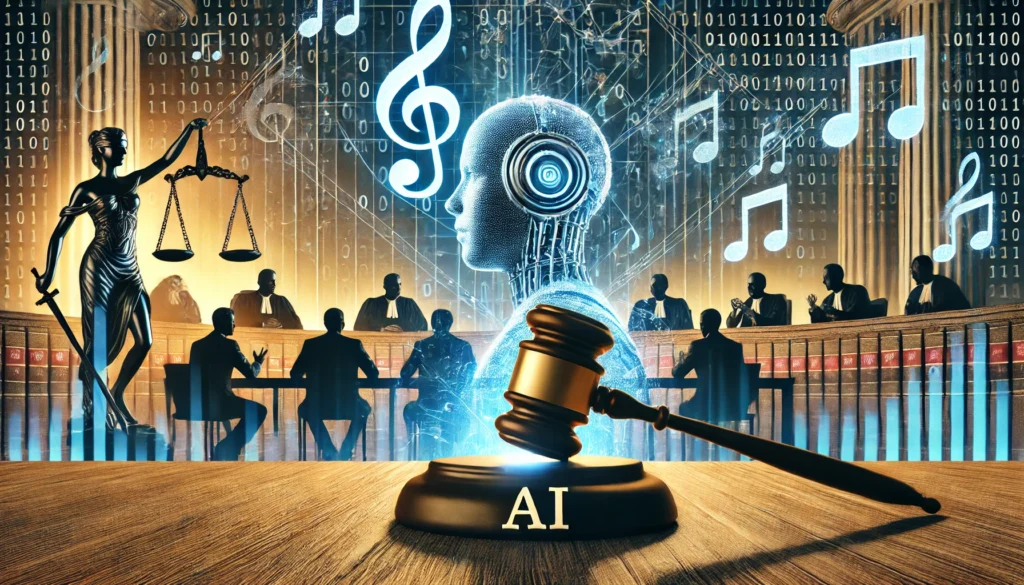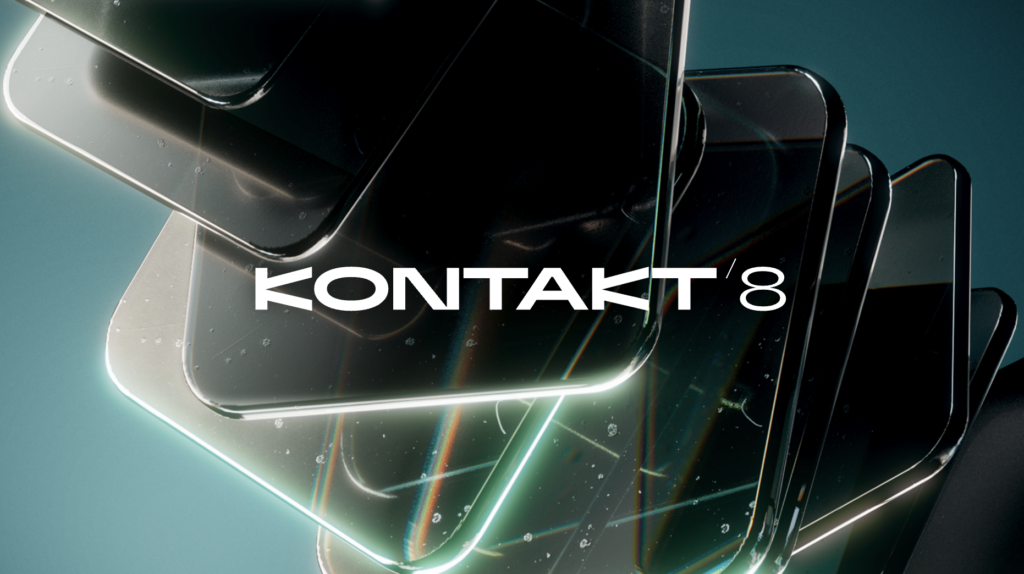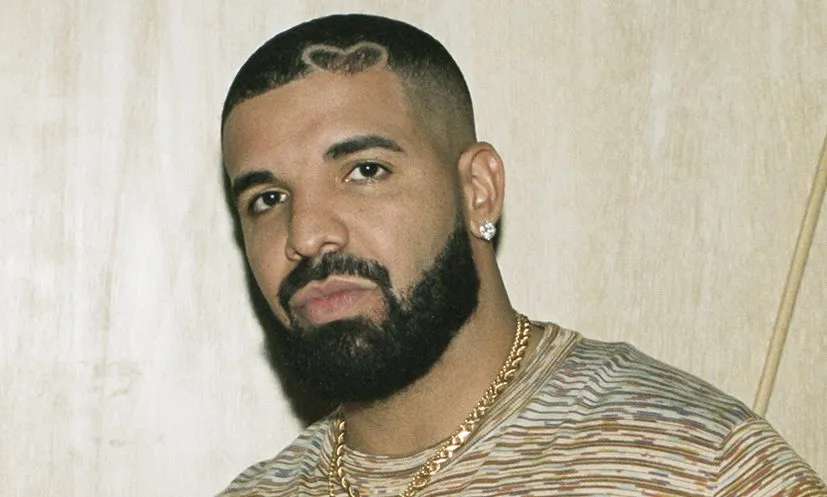The rapid advancement of artificial intelligence (AI) has ushered in transformative changes across various sectors, including the music industry. While AI offers innovative possibilities, it also raises significant ethical and legal concerns, particularly regarding the use of copyrighted material. Sir Lucian Grainge, Chairman and CEO of Universal Music Group (UMG), has recently emphasized the need for appropriate guardrails to ensure that AI development respects and protects human creativity.
The UK’s Proposed Copyright Changes: Opt-Out or Cop-Out?
The UK government wants to change copyright laws to boost AI development. Their bright idea? An “opt-out” system where AI companies can use artists’ work unless creators specifically say no.
This puts the burden on artists to protect their own work rather than requiring companies to ask permission first. Many musicians are asking: is this fair play or a sneaky way to use their creativity without paying?
ALSO: The Weekly Rewind | Music Industry Round-Up | March 2, 2025
Grainge’s Take: Love the Tech, Protect the Talent
In a thoughtful piece for The Times, Sir Lucian made his position crystal clear. He’s all for cool new tech, but not at the expense of the people who make the music we love.
His main points hit all the right notes:
- Human creativity must remain at the heart of music. No matter how smart AI gets, the soul of great music comes from human experience.
- We need clear rules of the road. Ethical, legal, and tech guardrails should ensure AI enhances creativity rather than exploits it.
- Today’s decisions about AI will shape tomorrow’s music landscape. The choices we make now will affect artists for generations to come.
The Silent Rebellion: Musicians Fight Back
Over 1,000 musicians found a brilliantly ironic way to protest. They released a completely silent album called “Is This What We Want?”
Kate Bush, Damon Albarn, and Annie Lennox are among the big names behind this 47-minute silent statement. The track titles form a message opposing what they see as legalized theft for AI’s benefit.
This silent album speaks volumes about artists’ concerns. Check out more about this unique protest at The Guardian.
Music Legends Sound the Alarm
Some of the biggest names in music history are stepping up to defend creative rights:
- Paul McCartney warned that these changes could harm future musicians. The Beatles legend believes creators deserve control over their work and fair compensation. See his full statement at NY Post.
- Sir Simon Rattle argued that the reforms could cheapen music. The renowned conductor stressed that music requires immense effort and talent. Read more at The Times.
- Jimmy Page compared unconsented AI use to theft. The Led Zeppelin guitar god pointed out that AI might mimic creativity but lacks the human soul behind it. Check out his thoughts at The Times.
Government Response: Time to Face the Music?
The UK government seems to be listening to all the feedback. Prime Minister Sir Keir Starmer acknowledged the importance of creative industries in the UK economy.
The final decision is expected this summer after reviewing all consultation feedback. The government says they’re seeking a balanced approach that supports both tech innovation and creative rights.
ALSO: UK Reconsidering AI Opt-Out Policy Amid Pressure From Music Industry and Politicians
Why Ethical AI in Music Matters to All of Us
This debate isn’t just for music execs and tech geeks – it affects everyone who loves music.
Protecting Artists Means Protecting Music
Without proper rules, AI companies could use artists’ work without permission or payment. This could lead to fewer musicians being able to make a living from their art.
If we want great new music in the future, we need to ensure creators can thrive today.
Smart Rules = Better Innovation
Setting boundaries doesn’t kill innovation – it makes it more responsible and sustainable. The goal should be AI that enhances human creativity rather than replacing it.
With the right approach, we can enjoy the benefits of AI while respecting the human talent that makes music special.
The Final Mix: Balance is Key
As AI continues to evolve, finding the sweet spot between tech advancement and creative protection is crucial. Leaders like Sir Lucian Grainge are pushing for an approach that embraces the future while honoring the human element at music’s core.
The UK’s copyright debate is just one track in a much larger album. How we handle these issues will set the tone for the future of music and art in the AI age.
What do you think? Should AI companies need permission to use artists’ work, or should creators have to opt out? Drop your thoughts in the comments below!

